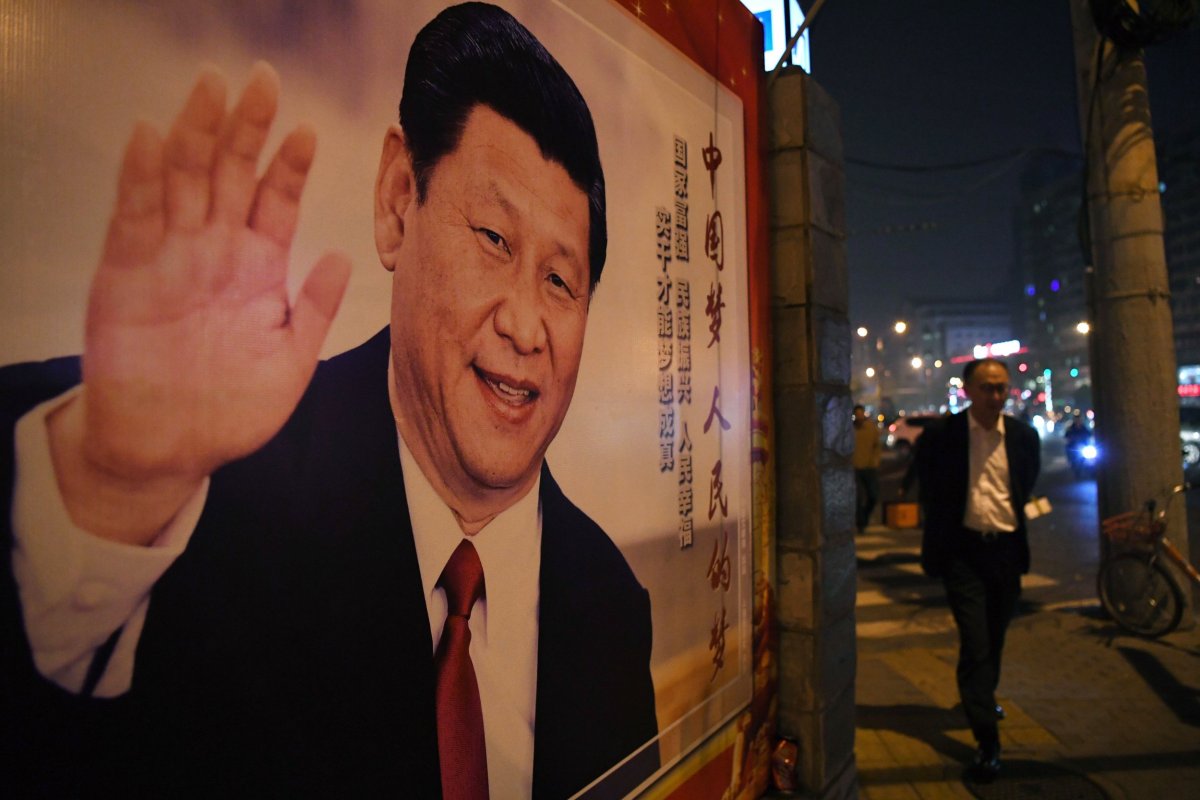This article first appeared on the Atlantic Council site.
Xi Jinping's re-election to a second five-year term as China's president, without a clear successor, cements his grip on the Asian nation and raises questions about the future of economic, political, and social reforms in the country, according to Atlantic Council analysts.
Xi was re-elected at the end of the National Congress of the Communist Party of China in Beijing on October 25. His re-election coincided with the unveiling of a new Politburo Standing Committee, the six men who will join Xi in governing China for the next five years. None of the individuals could be considered political rivals to Xi, or potential successors.
His re-election with no successor in sight allows Xi to posit himself as "the undisputed leader of China well beyond his second five-year term," according to Jamie Metzl, a nonresident senior fellow in the Atlantic Council's Brent Scowcroft Center on International Security.
The ceremony to announce China's new leadership concluded the weeklong party congress. Xi's speech at the outset of that congress indicated that the trajectory of the week would center around his ambition to make China a more formidable force on the world stage, under his leadership.
The conclusion of the congress "reflects a consolidation of Xi's power," according to Robert A. Manning, a senior fellow at the Scowcroft Center. What remains to be seen is how Xi will wield that power not only in China, but on the world stage.

Atlantic Council analysts weighed in on the implications of Xi's re-election. Here is what they had to say:
Robert A. Manning is a senior fellow in the Brent Scowcroft Center on International Security.
Like the party congress, the seven-man politburo appears to revolve around Xi Jinping and it has few real surprises. It reflects a consolidation of Xi's power and what appears a growing rigidity and brittleness amongst the Communist Party of China's leadership.
Perhaps the most interesting thing is that there is no obvious successor to Xi, raising questions about whether this entrenched Chinese leadership may seek to stay on another five years beyond 2022. A third term starts to look more like a dynasty.
Jamie Metzl is a nonresident senior fellow in the Brent Scowcroft Center on International Security.
By enshrining "Xi Jinping thought" into the Chinese Communist Party constitution and refusing to designate a potential successor, President Xi is establishing himself as the undisputed leader of China well beyond his second five-year term.
The biggest near-term question is whether Xi's power consolidation will make it possible for more badly needed structural economic reforms and other policy changes to be realized. In the longer term, the jury is still out on whether China's reconsolidating central power structure is up to the task of balancing the competing interest in the increasingly complex Chinese economy, polity, and state.
Leland Miller is a senior fellow in the Brent Scowcroft Center on International Security.
A partial list of market expectations for Xi in 2018 [is]: keep growth stable, keep hiring stable, combat corruption, combat overcapacity, combat pollution, and deleverage and rebalance.
The chances of him living up to these even in part are miniscule. Which means it's going to get a lot more interesting once the economy shows increasing signs of slowing down and investors have to rethink a lot of their expectations.
Rachel Ansley is an editorial assistant at the Atlantic Council.
Uncommon Knowledge
Newsweek is committed to challenging conventional wisdom and finding connections in the search for common ground.
Newsweek is committed to challenging conventional wisdom and finding connections in the search for common ground.
About the writer
To read how Newsweek uses AI as a newsroom tool, Click here.








